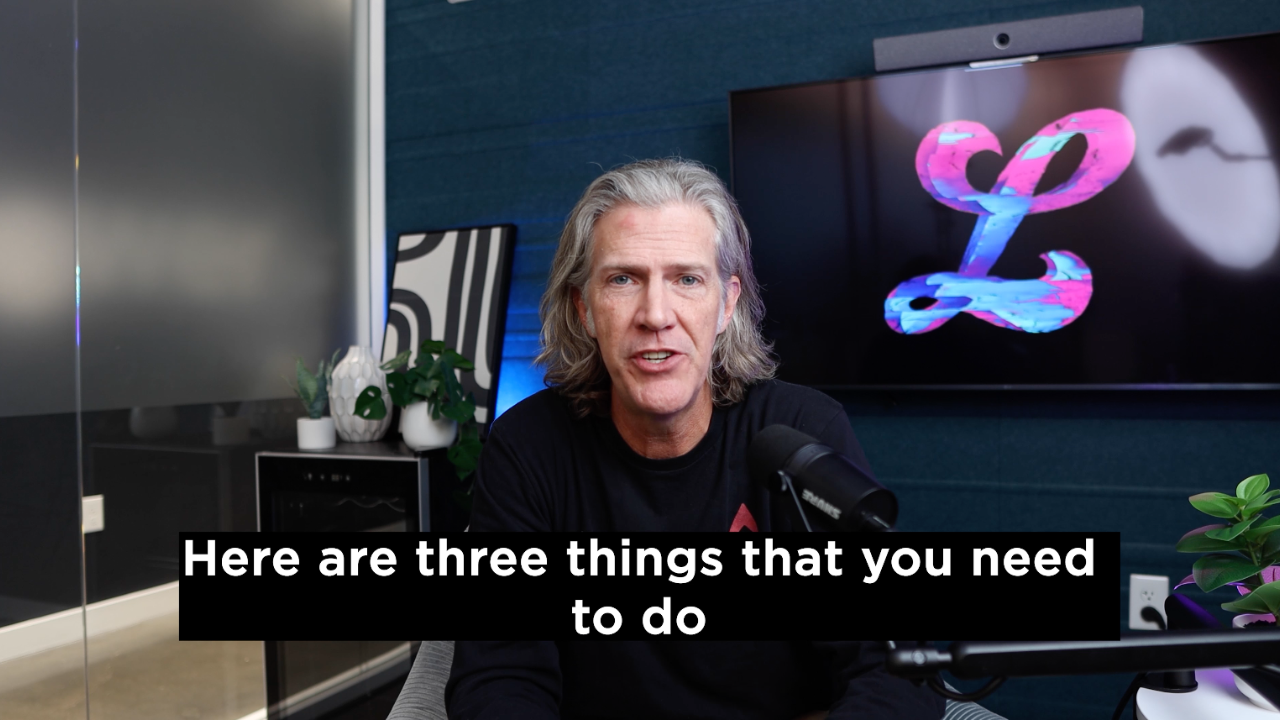We're here to help you save for your down payment. From good budgeting to lifestyle changes and even getting a side-hustle, we'll cover everything you need to know.
And it all starts with a clear budget and goal.
1. Set a Goal & Create a Detailed Budget
First, you'll need to know how much house you can afford, and how much your ideal monthly mortgage payment should be. You'll need cash for:
- A down payment
- Closing costs
- Moving expenses
- Property taxes
- And some extra money for repairs at your new home
Set your goals based on those numbers.
You cannot start saving for a home without truly understanding your income and expenses.
Write down your net monthly pay. That's the amount you bring home after all withholdings. Do not include stimulus checks, commission or bonus checks that might not happen. Treat those like extra cash, surprise funds you can add to your new home savings later.
Track Your Daily Expenses
It’s important to keep a close watch on your daily spending as well as monthly auto payments and have a good idea of where your money is going. This way, you know exactly how much you can realistically save each month and what unnecessary expenses you can cut.
When monitoring your expenses, be sure to include:
- Current rent
- Credit cards
- Groceries
- Utilities
- Entertainment expenses (this might be more than you think)
- Auto expenses (more on that in a moment)
- And all types of insurance, including auto, renters, health insurance, and so on.
Take a close look at your membership fees and streaming services. Americans are paying more for streaming since the pandemic, $47 per month on average. And a large family might be spending even more!
Next, take a close look at your credit card statements for any unnecessary costs like streaming memberships or automatic purchases you can live without for the next few months. This will keep your credit card payments lower and help you improve your credit, too.
Pay Off Small Debts or Consolidate Them
If possible, pay off your smaller debts by making extra payments or get a consolidation loan with a better interest rate to lump them into one monthly payment. This will free up some money in the upcoming months, so you can save money faster.
Learn to Cook a Steak & Bake a Cake
During this time of hardcore savings, you might need to adjust your dining habits and make some lifestyle changes. The average American consumer saved $245 per month in March 2020 by not dining out, per CNBC.
We know you're eager to support local establishments post-pandemic. But during these next months dining-in could save you a lot of money, so learn to cook a steak for special events and birthdays.
Downsize Your Apartment While You Save
When it comes to saving, it’s all about living below your means, or in other words, living on less money than you could spend if you wanted to. Then, you’re able to divert that extra money into a savings account.
Now that you have a better understanding of your cash flow and you've dumped a few unneeded expenses, you might be saving close to $500 per month — this is money you already have! Now, let's make some broad strokes to boost your savings. The first place to look is at auto expenses.
2. Reconsider Your Transportation
Automobiles are an American addiction. But there might be some significant spending happening in your garage. Cars can be major money pits between car payments, insurance, fuel, maintenance, and so on.
Every family is different, but maybe you could:
- Sell a vehicle that doesn't get used much
- Refinance a car to achieve lower payments
- Trade in a gas-guzzler for a more economical ride
- Trade in a rust-bucket that needs constant work for an inexpensive but reliable model
The next significant cost associated with your transportation is car insurance. You need car insurance, don't ever drive without it. But you might be able to save some money by shopping around and adjusting your policy.
How to Save Money on Car Insurance
Auto insurance companies are known for offering low rates to attract new customers, then slowly increasing rates over time. No, it's not your imagination. It's a genuine marketing technique known as price optimization. Even a safe, claims-free driver will pay more for insurance at almost any company over time. So shop around. Just be sure to compare "apples to apples" when it comes to coverages.
Speaking of coverage, now would be a good time to dump any bells and whistles you don't need.
Consider:
- Rental car coverage — if you only have one vehicle and rely on it every day for work, keep this coverage. But if you have several road-ready cars, it's an extra expense you don't need.
- Roadside assistance — you might already have this benefit if you're driving a brand-new vehicle. Or, you might not need it at all if you're mechanically inclined.
And lastly, consider increasing your deductible if you have full coverage (and your lienholder will allow it.) If you own your vehicle outright — and don't make any payments — you can select a deductible like $2,500 or $5,000 to really drop your insurance costs. Just remember, you'll be on the hook to pay that deductible upfront if you're in a wreck. So be sure you keep that kind of cash on hand if you're thinking about choosing a high deductible.
Now your savings are starting to add up. You can save for that home even faster by increasing your income.
3. Start a Side-Hustle
Delivering for GrubHub, driving for Uber, freelance writing or photography, selling on eBay, and YouTubing are all legitimate ways to boost your cash flow a little. To do them well, you will need to work hard and dedicate time and energy.
Delivery jobs will require fuel and auto expenses too. There's no easy way to make extra money without working, so don't fall for any trap that suggests otherwise. Still, a second job or side-hustle can boost your income immediately and help you save for that home.
And finally, try a money-saving app that pays higher interest than your bank.

















.svg)
.svg)

.svg)













